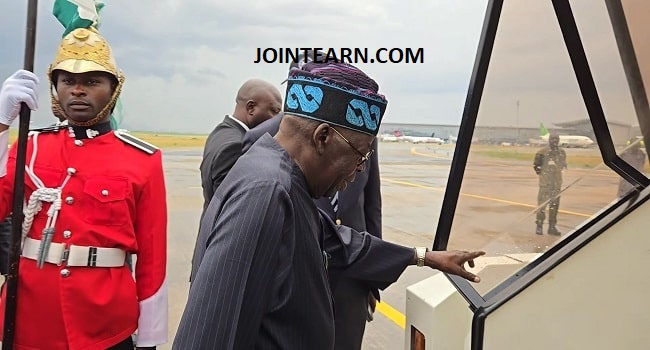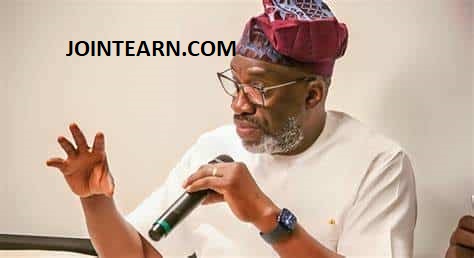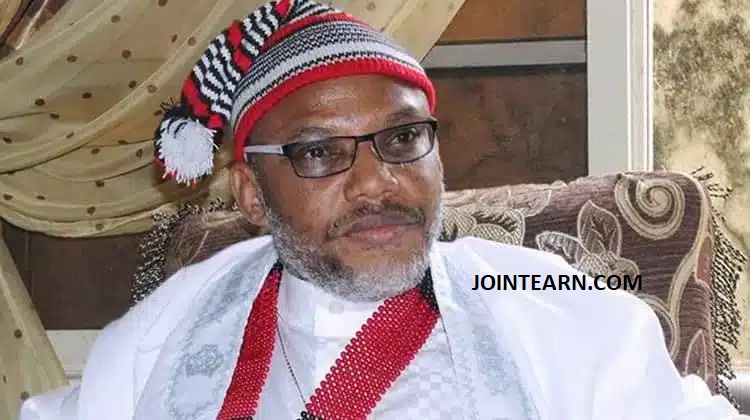The influential socio-political group, Arewa Consultative Forum (ACF), has issued a stern warning over the recent wave of political defections across the country, cautioning Nigerians to exercise vigilance and critical judgment as the nation inches closer to the 2027 general elections.
The Forum, in a statement released on Thursday following a high-level strategic meeting in Kaduna, expressed growing concern over what it described as “desperation-driven political realignments,” stating that the current trend of cross-party defections may be laying the groundwork for another era of unstable governance and voter betrayal.
Speaking to journalists shortly after the meeting, ACF spokesperson Mallam Musa Ibrahim gave a measured but pointed reaction to the political maneuverings, especially in southern and central states, where several high-profile politicians have either joined the ruling All Progressives Congress (APC) or are rumored to be considering such a move.
“Let us wait and see,” Ibrahim said. “But Nigerians must not be fooled. We have seen this play out too many times. Politicians jumping ship close to election seasons are rarely doing it in the interest of the people—they are mostly doing it for survival or gain.”
A Growing Concern Over Political Loyalty
The Forum emphasized that the ease with which politicians move between parties undermines the very foundation of political ideology, accountability, and trust in the democratic process. Mallam Ibrahim noted that while the constitution allows freedom of association, elected public officials owe a moral responsibility to the electorate who voted for them under specific party platforms.
“What we are witnessing is not democracy maturing, but democracy being manipulated,” he declared. “When people vote for a candidate because of a party’s platform, manifesto, or ideology, and that candidate switches allegiance halfway through the term, it is nothing short of electoral fraud.”
Defections Across the Political Landscape
Over the past several months, Nigeria has seen a flurry of political defections. Prominent governors, lawmakers, and political operatives from opposition parties such as the People’s Democratic Party (PDP) and the Labour Party (LP) have either moved to the ruling APC or are reportedly under pressure to do so. Many of these defections come amid increased scrutiny from federal agencies or speculation about aligning with the party controlling the federal purse.
While the APC has welcomed these defectors with open arms, opposition parties have criticized the trend as unhealthy and a betrayal of democratic ethics. The Arewa Forum, though not aligned with any political party, has now joined the chorus of concern.
ACF Urges Voters to Take Note
According to the Forum, Nigerians must begin to scrutinize the motivations behind every political move and pay close attention to patterns. It urged voters to resist emotional or tribal sentiments and focus on competence, track record, and consistency in principles.
“As we approach 2027, citizens must take mental notes of these developments. Who defected and why? Who stood by their party and defended their mandate? These are the things that should shape voting decisions—not empty campaign promises,” Ibrahim said.
He added that the North, which has always played a decisive role in national elections, must begin early preparations to present credible candidates and ensure that issues such as insecurity, education, youth employment, and regional development remain at the forefront of the national discourse.
Defection as a Political Culture
The Forum also expressed dismay at what it termed the “normalization of defection culture” in Nigeria. It warned that unless political institutions and the electorate begin to treat defection with the seriousness it deserves, it will continue to embolden opportunistic behavior among politicians.
“Defection has now become a career strategy. If a politician is in trouble, they switch parties. If they want federal contracts, they switch parties. If they lose internal party primaries, they switch parties. This cycle must be broken,” the statement read.
Call for Electoral and Legal Reforms
To stem the tide of politically motivated defections, the ACF reiterated its call for legal reforms that would require elected officials to vacate their seats upon switching parties mid-tenure unless such a move is clearly justified by a party merger or crisis recognized by the Independent National Electoral Commission (INEC).
Mallam Ibrahim noted that while the current laws allow for freedom of association, they must be balanced with accountability to the electorate.
“We’re not saying people cannot change political beliefs, but they should not do so at the cost of betraying the mandate given by the people under one party’s name,” he explained.
Message to Young Voters and Civil Society
The Arewa Consultative Forum also directed its message at youth organizations, civil society, and first-time voters, urging them to remain politically conscious and resist being swept up in the emotional narratives that often surround elections.
“We urge young people to be part of the political process—not just as cheerleaders, but as active thinkers and voters. Political loyalty should be to values and vision, not to individuals or parties that change their colors like chameleons,” Ibrahim said.
Looking Ahead to 2027
As Nigeria’s political climate begins to heat up in anticipation of the 2027 elections, the Arewa Forum’s warning comes as a timely reminder of the need for political maturity, ethical leadership, and an informed electorate. The Forum concluded its statement with a strong call for unity among northern stakeholders and a strategic approach to ensure that the region’s interests are well-represented in the future political landscape.
“The North must be prepared. The country must be awake. We have three years to correct the course. Let us not waste the time we have left,” Ibrahim concluded.
With the political chessboard gradually shifting, the coming months will reveal whether the defections are part of a genuine ideological realignment or yet another cycle of political survival tactics ahead of a pivotal national election.












